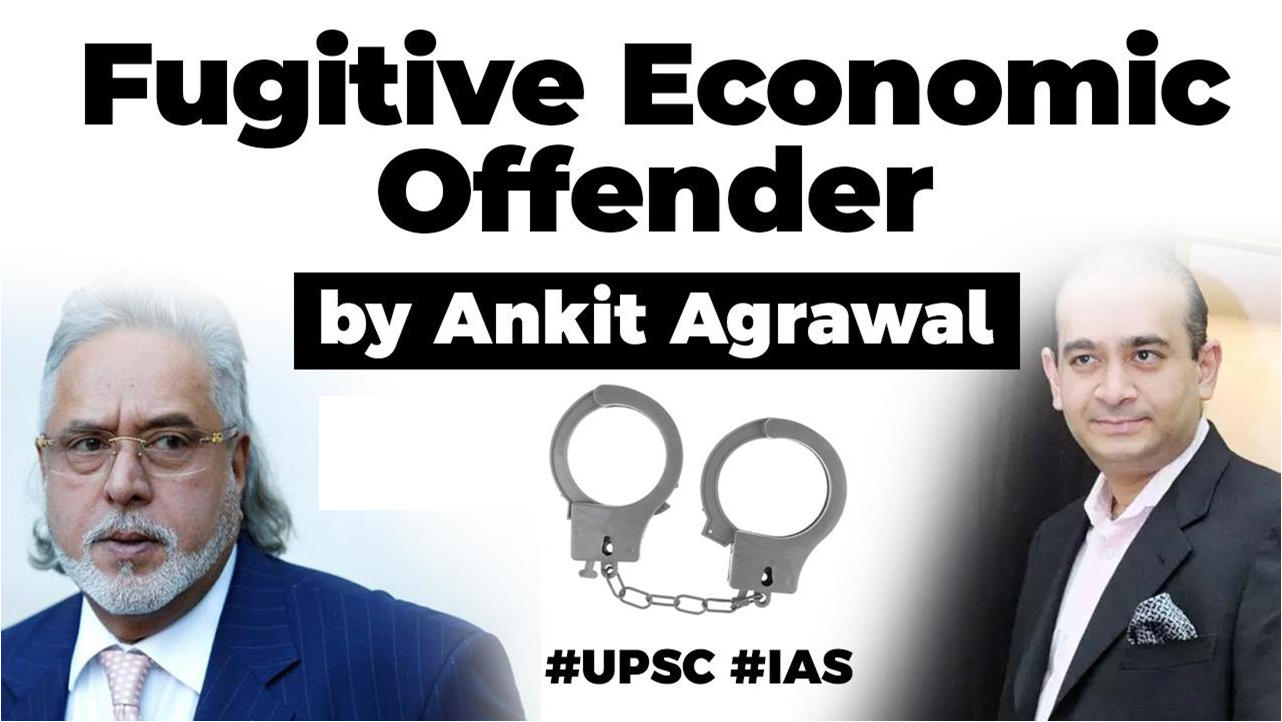Table of Contents

CONTEXT
- A Mumbai PMLA judge Thursday (December 5) declared jeweller Nirav Modi, key accused in the Punjab National Bank (PNB) fraud case,
- A “fugitive economic offender” (FEO) on a plea by the Enforcement Directorate (ED).
PMLA COURT
- Section 43 of Prevention of Money Laundering Act, 2002 (PMLA) says that-
- The Central Government, in consultation with the Chief Justice of the High Court, shall, for trial of offence punishable under Section 4, by notification, designate one or more Courts of Session as Special Court or Special Courts for such area or areas or for such case or class or group of cases as may be specified in the notification.
- The PMLA, 2002 seeks to combat money laundering in India and has three main objectives:
- To prevent and control money laundering
- To confiscate and seize the property obtained from the laundered money; and
- To deal with any other issue connected with money laundering in India.
- At the beginning of this year, a special court in the same city had declared liquor baron Vijay Mallya an FEO, also on a plea by the ED — the first such designation of an accused individual.
- Both Mallya and Nirav Modi are in the United Kingdom, and fighting extradition to India.
WHO IS A FUGITIVE ECONOMIC OFFENDER?
- Any individual against whom a warrant for arrest in relation to a scheduled offence has been issued by any court in India, who
- (i)Has left India so as to avoid criminal prosecution; or
- (ii)Being abroad, refuses to return to India to face criminal prosecution.
FEO ACT, 2018
- The FEO Bill was introduced in Lok Sabha on March 12, 2018, and passed by Lok Sabha and Rajya Sabha on July 19 and July 25 respectively.
- To provide for measures to deter fugitive economic offenders from evading the process of law in India by staying outside the jurisdiction of Indian courts.
WHY THERE WAS NEED OF SUCH A LAW?
- To prevent Economic offences relate to fraud, counterfeiting, money-laundering, tax evasion, etc. are already available for prosecuting these offences like-
- The Prevention of Money-Laundering Act (PMLA), 2002, The Benami Properties Transactions Act, 1988, and
- The Companies Act, 2013.
- In 2017, Finance Ministry released a draft Bill to address cases of high-value economic offenders fleeing the country to avoid prosecution.
- It observed that existing civil and criminal laws did not contain specific provisions to deal with such offenders,
- Also the procedures under these laws were time-consuming, led to roadblocks in investigation and impacted the financial health of banks.
- Thus a new legal framework was needed to prosecute them.
HOW AN INDIVIDUAL IS DECLARED FEO?
- An application must be filed in the special court asking that a particular individual may be declared an FEO.
- The application must be accompanied by “reasons for the belief that an individual is a fugitive economic offender.
- The special court may then issue notice to the individual to appear at a specified place, and drop the proceedings if the individual complies.
- If, however, the special court is satisfied that an individual is an FEO, it may, record so in an order, along with reasons.
- The court may then order the confiscation of the properties of the accused individual in India or abroad.

























 WhatsApp
WhatsApp